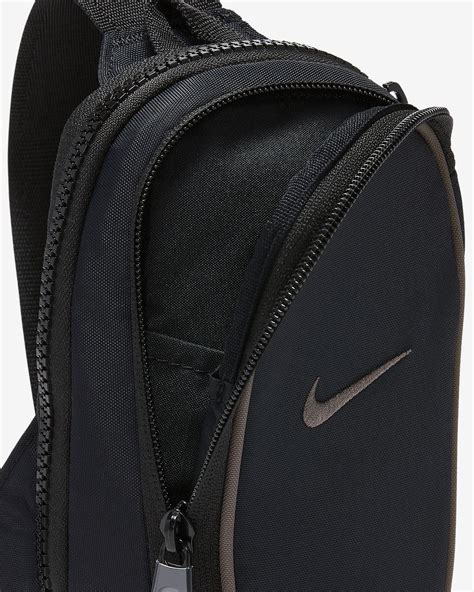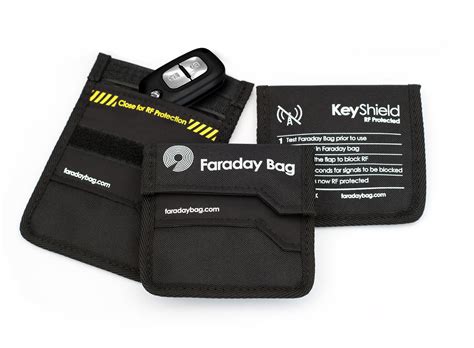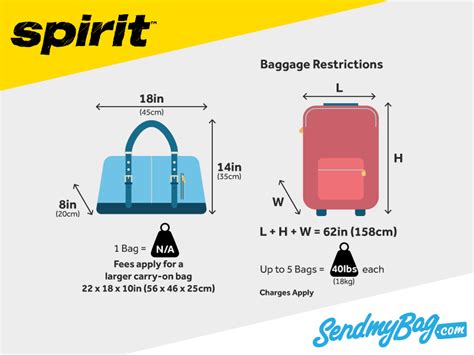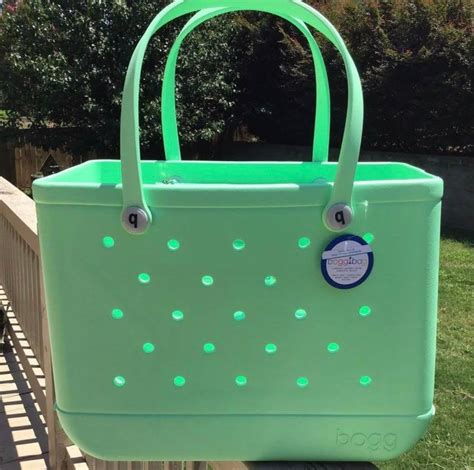chloe animal testing | is chloe vegan
$118.00
In stock
Chloé, a name synonymous with effortless Parisian chic and timeless elegance, has cultivated a devoted following over its decades-long history. From its iconic ready-to-wear collections to its coveted handbags and fragrances, Chloé embodies a certain aspirational lifestyle. However, beneath the surface of luxury and sophistication lies a question that increasingly concerns conscious consumers: is Chloé animal cruelty-free?
The answer, unfortunately, is complex and nuanced. While Chloé, like many established luxury brands, doesn't possess a formal cruelty-free certification from recognized organizations like Leaping Bunny or PETA, understanding the intricacies of their animal testing policies, ingredient sourcing, and market presence is crucial for making informed ethical purchasing decisions. This article will delve into the details of Chloé's practices, exploring the nuances of animal testing in the cosmetics and fashion industries, and examining whether Chloé aligns with the values of cruelty-free and vegan consumers.
Understanding Cruelty-Free Certifications and What They Mean
Before dissecting Chloé's specific practices, it's important to establish a clear understanding of what "cruelty-free" truly signifies and the role of certifications in verifying these claims. The term "cruelty-free" ideally indicates that a company does not conduct, commission, or pay for any animal testing on its ingredients, formulations, or finished products at any stage of development or manufacturing. This encompasses testing conducted by the company itself, its suppliers, or third parties.
Certifications like Leaping Bunny and PETA's "Beauty Without Bunnies" program provide independent verification of a brand's commitment to cruelty-free practices. These organizations conduct thorough audits and require companies to sign legally binding agreements to ensure adherence to strict standards. Having a cruelty-free certification offers consumers a level of assurance and transparency, allowing them to easily identify brands that align with their ethical values.
Chloé's Stance on Animal Testing: A Lack of Formal Certification
Chloé, as mentioned previously, does not currently hold a cruelty-free certification from any recognized organization. This absence of certification raises immediate concerns for consumers actively seeking to avoid supporting brands that engage in animal testing. While the company might claim to adhere to certain ethical standards internally, the lack of independent verification makes it difficult to definitively assess their commitment to cruelty-free practices.
Often, brands without formal certification might cite adherence to regulations in specific regions as their primary justification for not pursuing certification. For instance, they might argue that they comply with the European Union's ban on animal testing for cosmetics ingredients and finished products. However, this compliance does not necessarily equate to being truly cruelty-free.
The China Factor: A Significant Hurdle for Cruelty-Free Brands
One of the most significant challenges in the pursuit of cruelty-free status is the regulatory landscape in China. Historically, China has required mandatory animal testing for many imported cosmetics and personal care products sold within its borders. This requirement has effectively forced brands seeking to enter the Chinese market to either comply with animal testing regulations or forgo access to this lucrative market.
The Chinese government has made some progress in recent years toward reducing animal testing requirements. For example, in 2021, they eliminated the requirement for animal testing on general cosmetics manufactured and sold domestically. However, imported products and "special cosmetics" (such as hair dyes, sunscreens, and products with new ingredients) may still be subject to animal testing.
Chloé, like many other luxury brands, sells its products in China. This market presence raises concerns about whether the company is indirectly supporting animal testing through its participation in the Chinese market. While Chloé might not directly conduct animal testing itself, the possibility of its products being tested on animals by Chinese authorities remains a significant ethical consideration.
Navigating the Grey Areas: Ingredient Sourcing and Third-Party Testing
Even if a brand claims to not conduct animal testing on its finished products, it's crucial to consider the possibility of animal testing occurring at other stages of the supply chain. Ingredient suppliers may conduct animal testing on raw materials or individual ingredients used in the brand's formulations. Furthermore, third-party manufacturers or laboratories may also engage in animal testing on behalf of the brand.
Determining the extent to which Chloé's suppliers and third-party partners engage in animal testing is challenging without greater transparency from the company. Ideally, a truly cruelty-free brand would have strict policies in place to ensure that all its suppliers and partners adhere to the same ethical standards. This would involve conducting thorough audits, requiring suppliers to sign legally binding agreements, and actively monitoring their practices.
Is Chloé Vegan? Examining the Use of Animal-Derived Ingredients
Beyond the issue of animal testing, another important consideration for ethical consumers is whether a brand's products are vegan. Vegan products are formulated without any animal-derived ingredients or byproducts. Common animal-derived ingredients found in cosmetics and fashion items include beeswax, lanolin, carmine, silk, leather, fur, and down feathers.
While Chloé might utilize some natural ingredients in its products, it is not considered a vegan brand. Many of Chloé's products, particularly its leather goods, obviously contain animal-derived materials. Similarly, some of their fragrances and cosmetics may contain ingredients like beeswax or lanolin.
For consumers specifically seeking vegan products, it's essential to carefully review the ingredient lists of Chloé's offerings and look for alternatives that are free from animal-derived components. It is crucial to note that even if a product is labeled as "natural" or "organic," it may still contain animal-derived ingredients.
Additional information
| Dimensions | 6.9 × 1.6 × 3.6 in |
|---|









